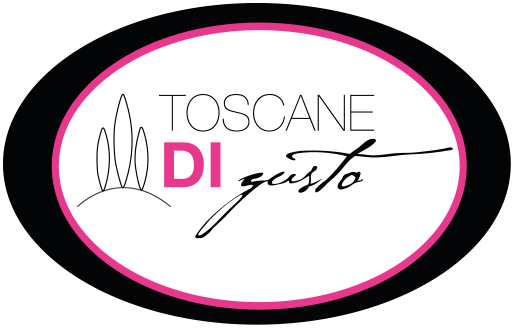Our Debora preserves a mother yeast that is over 150 years old.
Given to his mother by a friend of Monticiano, this yeast belonged to one of the oldest ovens of the Sienese clay and still retains its properties thanks to the care that Debora has had of this precious “friend”.
So here are some tips for those who keep some at home. As we have done for other customers, if someone is interested in having some to try it and use it for their own baking, you can contact us for some, receive some suggestions and better understand how to use it.
Natural sourdough, also called sourdough or sourdough, is a mixture of flour and water subjected to spontaneous contamination by microorganisms present in the raw materials, coming from the air, the environment, the operator, whose development creates within the mass a native wild microflora in which the culture of lactic bacteria predominates. These microorganisms, in nutritional competition with each other in an artisan reality, in the presence of nutrients, water, heat, etc., grow, multiply, initiate the specific metabolic processes of the species to which they belong and die. Unlike the so-called beer yeast, the sourdough hosts, in addition to the yeasts of which the dominant genus is Saccharomyces, also several species of heterofermentative and homofermentative lactic bacteria of the genus Lactobacillus.
HERE’S HOW TO REFRESH THE MOTHER YEAST AT LEAST ONCE A WEEK:
- Weigh the yeast
- Add water for half the weight of the yeast
- Add flour for the same weight as the yeast
- Knead the dough and leave it next to a heat source for the first night
- Leave to rest in the fridge ready for use
Eg 100 g of yeast (add 50 g of water + 100 g of flour)
